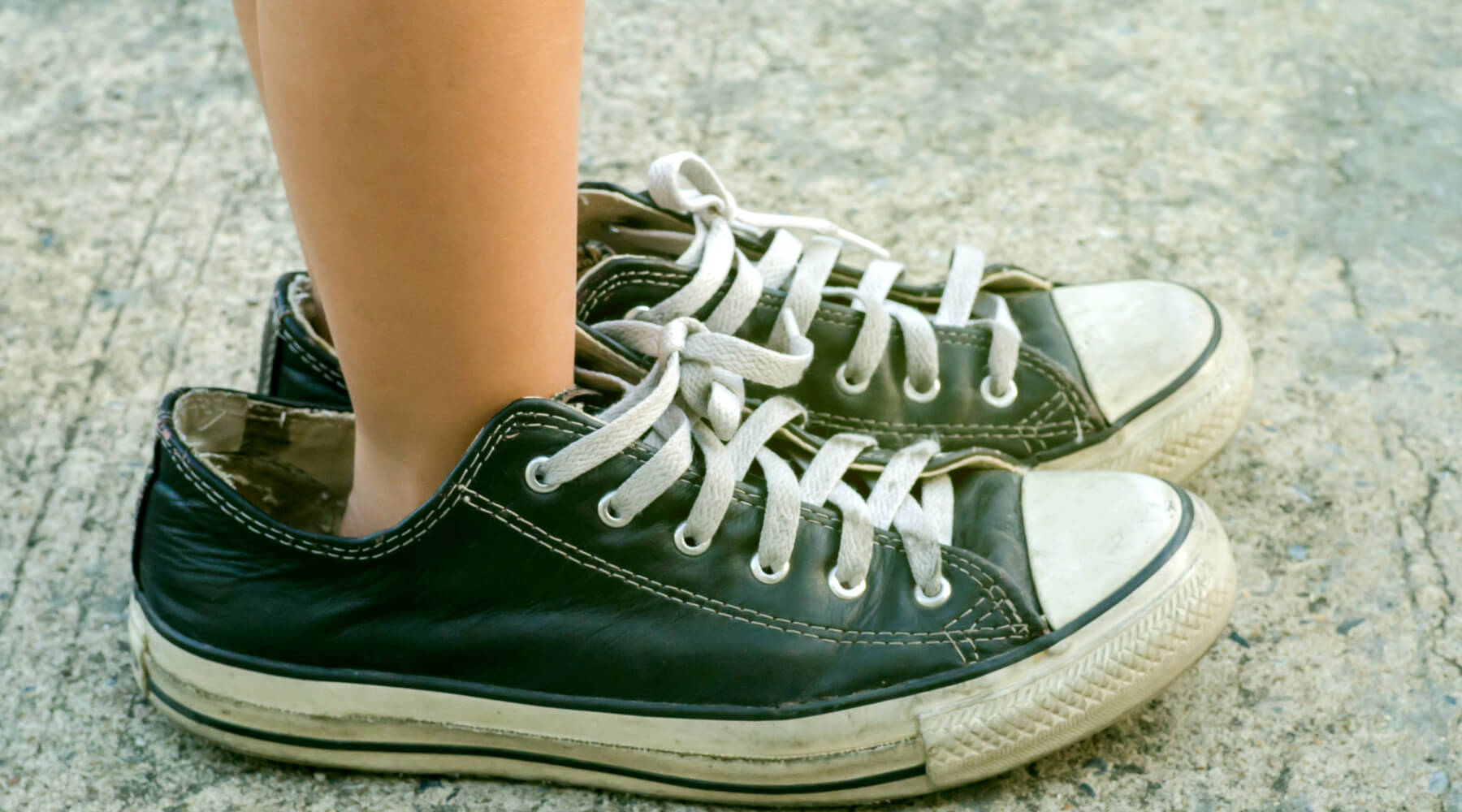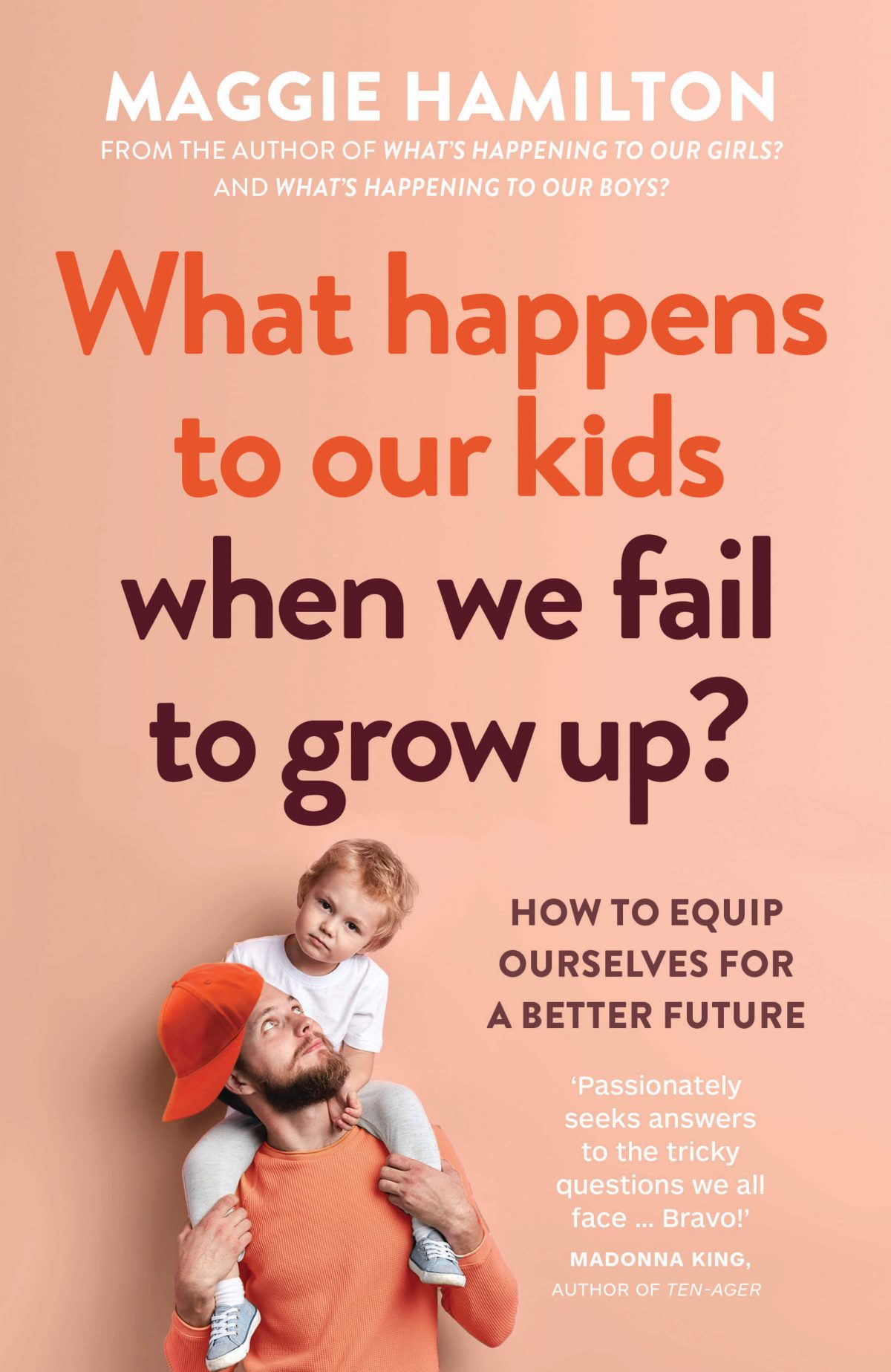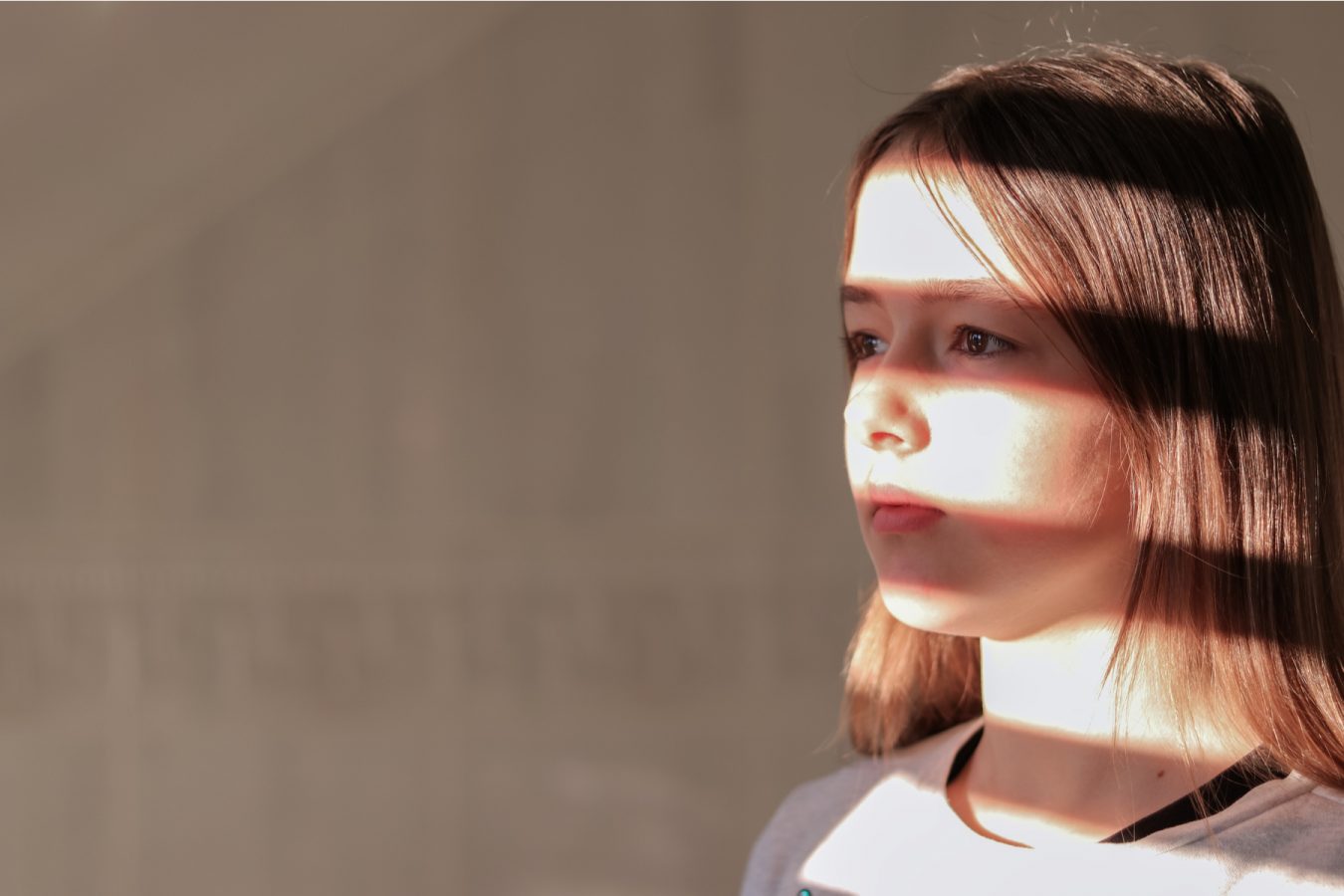
In her new book, Maggie Hamilton explores how we can better prepare our kids for this complex world. In this extract, she looks at how childhood has become derailed – and what we can do to repair it.
Like teenagers, many of us are confused about what we’re meant to be doing with our lives. Where do we, and our kids, acquire the solid life skills, strength and resilience to create a grounded sense of belonging?
Often, we hate how up in the air our lives feel so we retreat to shopping and entertainment, into over-scheduled lives, further feeding our fears and vulnerabilities. When this self-obsessed way of life isn’t working for us, still we encourage our kids down this same sad route because we haven’t found anything more satisfying.
Missing Out
Increasing numbers of us are products of hijacked childhoods. Without a firm foundation, we become ever more preoccupied with ourselves, which is often starkly evident in how we feel when someone else has a win; in how we regale others constantly with our woes, leaving precious little room for anyone else to be seen or heard. These and other unhelpful habits don’t deliver a clear vision, the chance to evolve.
Hijacked Childhoods
Instead of a childhood filled with flights of imagination, time in nature and spontaneous play, our little ones now fret over their looks and weight, falling into fashion long before they can read or write or have the skills to form their own independent opinions.
At the beginning of the year we had a little celebration for the class. All the girls couldn’t stop talking about what they were going to wear, and how they would look at the party.
It was all they could talk about. I couldn’t believe it.
They weren’t quite 4.
– Jeanne, pre-school teacher
Empty Promises
Fixated on their appearance and what they own, our kids become anxious and plagued by self-doubt. ‘Advertising at its best is making people feel that without their product you’re a loser,’ Nancy Shalek, former president of Grey Advertising, suggests. ‘Kids are very sensitive to that.’ They persevere with shopping, checking on their appearance and comparing themselves with their peers, because they’re desperate to find a place that’s safe and nurturing where they can thrive.
As our kids grow, they try ever harder to fulfil the fake dreams they’re offered by the glamorous, deliberately seductive images of men and women seen on social media, TV, billboards, in ads and film. They look at themselves and their world with an ever more critical eye. So begins, for girls at least, what Harvard psychologist Nancy Etcoff calls ‘the survival of the prettiest’.
Time for the Truth
Our kids need us to be kindly and wise truth-tellers. Inter-generational sniping gets us nowhere, nor does the suggestion that those who are older have emerged from a golden age. Some days life is patchy; some days it’s a complete disaster. Hopefully there are many transcendent days in between. Let’s be honest about life – the good, bad and indifferent bits. A decade ago, English teacher David McCullough gave a short end-of-year address, ‘You Are Not Special’, to Wellesley High School in Massachusetts. The talk was so powerful it went viral, and it’s not hard to see why.
Truth is Liberating
In my work with adolescents, I’ve found that beneath the attitude and false confidence, our teens yearn for the truth and to be shown a more empowered way of being in the world. Emerging adulthood is an infinitely precious and vulnerable time when we begin to explore all we’re capable of. Needing constantly to feel special, and to grab at anything and everything we’re drawn to, robs us of this journey of discovery.

About Maggie Hamilton
This is an edited extract of What happens to our kids when we fail to grow up? available now from Affirm Press, RRP $32.99.
Maggie Hamilton has written over a dozen books, which have been published in Australia, New Zealand, the Netherlands, France, Portugal, Italy, UK, US, the Arab States, South Korea, China, Lithuania and Brazil. Her social research books include What Men Don’t Talk About, the lives of real men and boys behind the stereotypes, What’s Happening to Our Girls? and What’s Happening to Our Boys? – both about the 21st century challenges our boys and girls face and solutions to these issues.
Like this post? Please share using the buttons on this page.
Sign up for our newsletter

